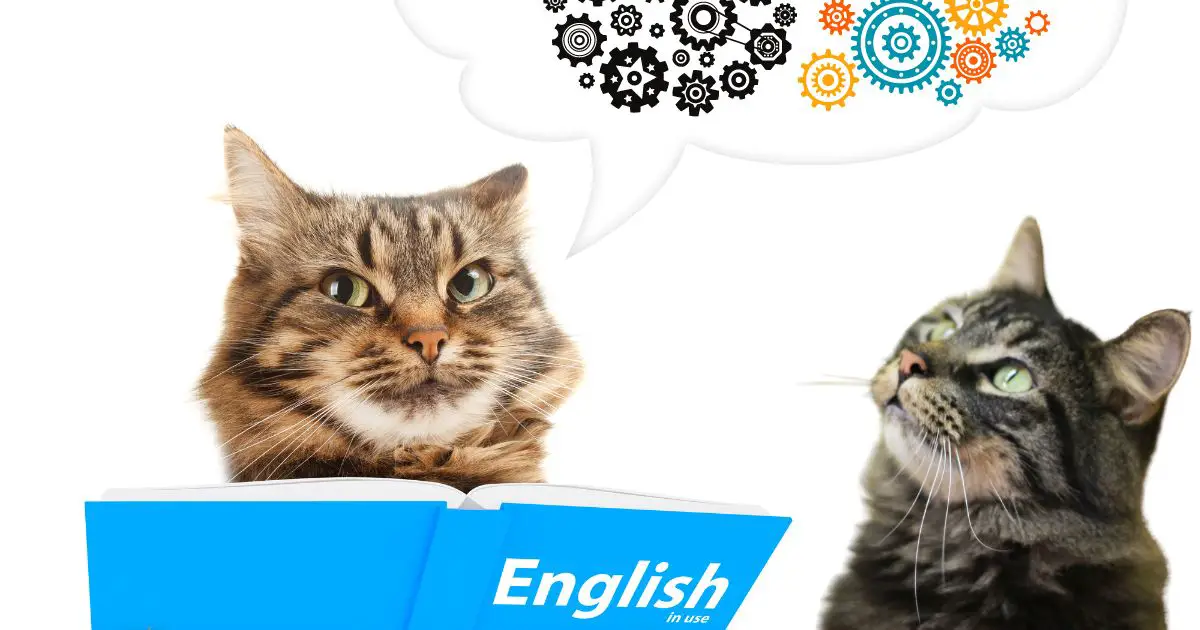Picking the right book genre for your personality type can significantly improve your reading experience, offering insights, comfort, and entertainment that resonate with your temperament. Let’s use this article as a guide to help you decide on your next read.
Which genres introverts or extroverts read shouldn’t always be based on what you affiliate with; there are many other factors to think about, such as personality. Additionally, individuals can be a mixture, like 30% introvert and 70% extrovert, so this classification serves as a guide rather than a hard rule to follow. Ultimately, it’s up to you to decide what to read based on your own experiences. However, if you’re new to reading and seeking guidance, understanding your personality tendencies can be a helpful tool in selecting your next read.

Understanding The Introvert and Extrovert World
Isolation provides introverts with solace and they draw energy from within. On the other hand, extroverts thrive in social settings, their energy is recharged through external interactions.
- Introverts: Introverts typically like introspective activities that allow for deep contemplation and reflection. Introverts often prefer quieter, more solitary pursuits that provide an escape from overstimulation.
- Extroverts: Extroverts, on the other hand, seek stimulation from an external source. They gravitate towards large social gatherings, lively atmospheres, and activities that involve interaction and excitement.
Recommended Book Genres for an Introvert Reader
Introverts tend to like genres that offer immersive experiences, intellectual stimulation, and opportunities for introspection. As an introvert myself, I’m drawn to books that immerse me deeply in the world in which the book was created, allowing me to lose myself in my thoughts and drift away. Whether fiction or non-fiction, I often find myself daydreaming for a long time about how I would react to situations presented in the book and contemplating how the ideas could be applied in the real world.
1. Fictional Worlds and Character-driven Narratives
Dive into richly imagined fictional worlds populated by complex characters. Literary fiction, fantasy, and science fiction offer deep explorations of human nature, society, and morality.
Example: “The Catcher in the Rye” by J.D. Salinger or “The Hobbit” by J.R.R. Tolkien.
2. Thought-provoking Non-fiction
Engage with thought-provoking non-fiction that delves into psychology, philosophy, or personal development. These books provide insights into the human condition and encourage self-reflection.
Example: “Quiet: The Power of Introverts in a World That Can’t Stop Talking” by Susan Cain.
3. Slow-paced and Atmospheric Reads
Choose books with a slower pace and atmospheric settings that allow for deep immersion. Atmospheric mysteries, historical fiction, or introspective memoirs can provide a sense of escape and tranquility.
Example: “The Secret History” by Donna Tartt or “Walden” by Henry David Thoreau.

Recommended Book Genres for Extroverts Read
Extroverts thrive on dynamic narratives, fast-paced plots, and engaging storytelling that captivates their attention and feeds their social energy.
1. Thrilling Adventures and Suspense
Embark on thrilling adventures filled with suspense, action, and intrigue. Thriller, mystery, and adventure genres offer adrenaline-pumping experiences and keep readers on the edge of their seats.
Examples: “The Da Vinci Code” by Dan Brown or “Gone Girl” by Gillian Flynn.
2. Upbeat and Humorous Reads
Seek out books that embrace humor, wit, and lightheartedness. Humorous fiction, satirical novels, and comedic memoirs provide laughter and entertainment, fostering a cheerful and jovial mood.
Examples: “Bridget Jones’s Diary” by Helen Fielding or “Bossypants” by Tina Fey.
3. Socially Relevant and Contemporary Works
Explore socially relevant and contemporary works that reflect the pulse of society. Contemporary fiction, social commentary, or politically charged narratives offer insights into current issues and foster lively discussions.
Examples: “The Hate U Give” by Angie Thomas or “Normal People” by Sally Rooney.
Why Preferred Book Genres Differ Between Introverts and Extroverts?
Understanding the divergent preferences in book genres between introverts and extroverts reveals that personality traits indeed influence reading habits. Picking the right book genres for your personality will get you more excited about reading as it’s something you’re interested in. Picking the wrong genres might waste your time as you won’t know if a book is good or not until you start reading.
If you are unlucky enough to finish reading the book and realize you didn’t like it, you might be upset with yourself. Finishing only half the book might make you feel like you’ve given up, which many people don’t like to do. So picking a book that excites you can help you enjoy while learning at the same time.

1. Cognitive Processing Styles
Introverts often prefer deep processing, focusing on intricate details and internal reflection. They tend to favor genres with complex characters, subtle nuances, and thought-provoking themes that enable a profound exploration of the narrative.
Extroverts favor external processing, thriving on interaction and external stimuli. Genres with fast-paced plots, dynamic storytelling, and engaging dialogue offer immediate gratification to their active minds. Thus, such genres often attract them.
2. Emotional Needs
Introverts actively pursue emotional depth and resonance in their reading material, yearning for intimate connections with fictional characters as well as profound insights into the human experience. They gravitate towards genres that elicit complex emotions, and provide peace in solitude, ultimately offering an understanding of and validation for their introspective nature.
Extroverts prioritize entertainment, excitement, and social engagement in their reading choices. They enjoy books that elicit laughter, suspense, or excitement. Through this preference for engaging narratives, a sense of community and friendship is fostered with others as experiences are shared. Genres providing escapism, humor, or thrill directly cater to their need for external stimulation and interaction.
3. Social Preferences
Introverts, often favoring solitary activities for their introspective and self-reflective qualities, perceive reading as an intimate pursuit. For them, it’s a refuge from social interactions and external pressures. Immersive genres that engender deep introspection resonate with their inherent desire for solitude. They seek such contemplation.
Extroverts thrive on social interactions and external stimulation. They view reading as a means to connect with others and explore diverse perspectives. Often extroverts enjoy sharing their reading experiences. It is not uncommon for them to join book clubs or engage in lively discussions about their favorite books. Their sociable nature finds appeal in genres that foster social connections, and spark conversations, essentially providing entertainment for group settings.
Conclusion
Tailor your book genre selection to match your personality type. This can enhance your reading experience. It provides not only tailored entertainment but also intellectual stimulation and emotional resonance.
If you identify as an introvert seeking solitude and introspection, or an extrovert craving excitement and social engagement, don’t worry. A vast array of genres awaits your exploration. Each offers meaningful enrichment for every reader. Thus, proceed towards the bookshelf. Choose a book, then set off on the literary journey best aligned with your unique temperament and interests.





